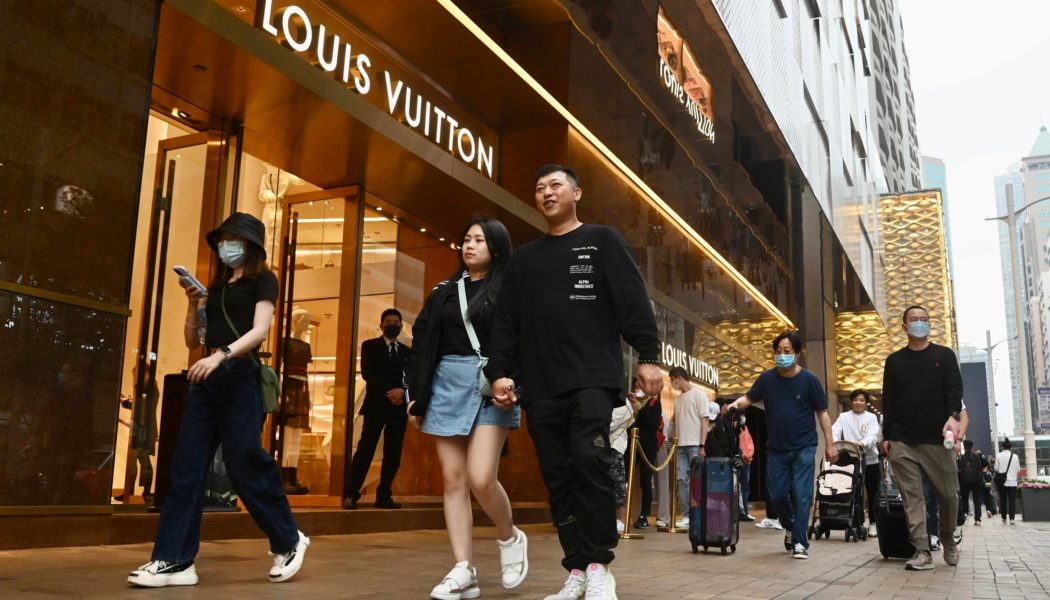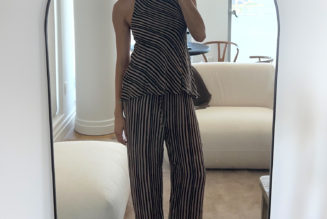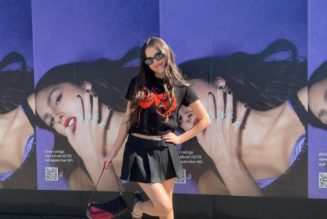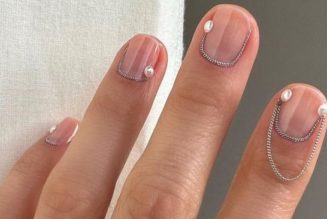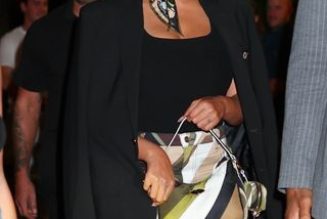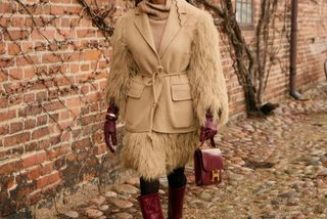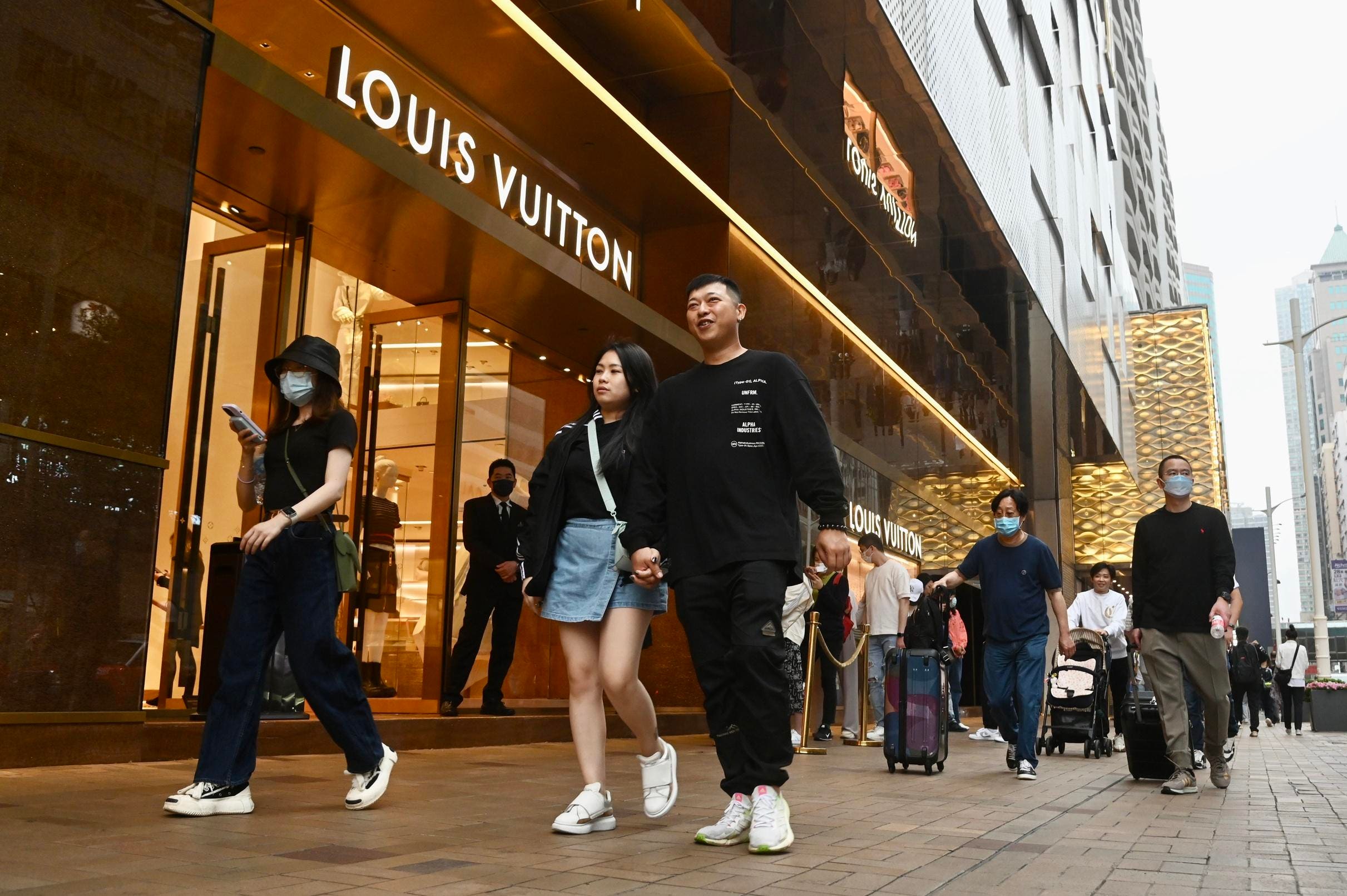
Topline
A surprising earnings report from luxury giant LVMH this week showed a drop in U.S. sales as Chinese shoppers and others in Asia held up the market for the owner of Louis Vuitton, Dior and other big-name brands, a trend also seen by Cartier owner Richemont and Kering, owner of Gucci and Yves Saint Laurent.
Key Facts
Louis Vuitton Moët Hennessy, LVMH, this week said U.S. sales slid 1% in the second quarter from same period last year, but the company posted double-digit sales growth in all other markets — with an 18% increase in Europe and 34% increase in Asia (excluding Japan).
The CFO of LVMH, Jean-Jacques Guiony, said in an earnings call that entry-level product sales fell in the U.S.—he speculated the end of Covid stimulus payments and Americans making luxury purchases while traveling in Europe could be why—but said spending in China is strong despite a slowdown in the broader economy, according to CNBC.
Kering, which has not yet reported Q2 earnings, said it saw a similar trend in the first quarter, with revenue falling in North America but an increase in the Asia-Pacific market, western Europe and Japan.
Kering earned $5.6 billion (€5 billion) in first-quarter revenue, up 1% on a comparable basis, and saw revenue grow for Gucci and Yves Saint Laurent, while sales were stable for Bottega Veneta and down 9% in “other houses,” which include Balenciaga, Alexander McQueen and Puma.
Richemont, which owns Cartier, Chloé and Montblanc, also reported an increase in first quarter sales largely boosted by a 32% boost in Asia-Pacific business while sales in the Americas fell 4%, Reuters reported.
Privately owned Chanel reported a “softening” in the U.S. to the Financial Times in May, with CFO Philippe Blondiaux confirming single-digit American growth but double-digit growth in mainland China.
The story is the same for Prada, which reported quarter-one retail sales up 22% year-over-year in Asia Pacific, a 28% jump in Europe and a 55% jump in Japan to only a 5% increase in the Americas.
A Guccistore is seen in Shanghai, China, December 14, 2022.
Key Background
China, a long time player in the luxury fashion world and home to flagship stores for nearly every major brand, took a hit economically when Covid pandemic restrictions took hold of the country. But this spring and summer, as high-end malls and shopping districts have reopened in earnest, a new consumer mindset has primed the region for a comeback, the New York Times reported. In the United States, however, consumers are holding back on non-essential spending amid a rising cost of living and a Global Consumer Insights Pulse Survey found that 53% of consumers planned to cut their spending on luxury or designer products in the first half of the year.
Crucial Quote
“We expect China to be the luxury industry’s key growth engine this year, especially given a slight deceleration in other core markets like the U.S. and Korea,” Edouard Aubin, an equity analyst at Morgan Stanley, told the New York Times.
A logo of Cartier, a French manufacturer and marketer of luxury watches and accessories, is seen … [+]
Surprising Fact
Leena Nair, chief executive of Chanel, once again denied rumors that the French fashion house was considering going public in the Financial Times. She said the brand will stay a “private, independent company.”
Forbes Valuation
Bernard Arnault, CEO of LVMH’s empire of 75 fashion and cosmetics brands, briefly overtook Teslas’ Elon Musk as the richest man in the world last week before settling back at second place.Forbes estimates Arnault’s net worth to be $221 billion as of Wednesday. François Pinault, founder and honorary chairman of Kering, is worth an estimated $38.7 billion and is the world’s 33rd richest man. Gerard and Alain Wertheimer, who own Chanel, are tied in the 43st-richest spot with net worths of $33.1 billion each. The family of Johann Rupert, chairman of Compagnie Financiere Richemont, is No. 152 on the world billionaires list with an estimated net worth of $11.4 billion. Patrizio Bertelli and Miuccia Prada, owners of Prada Holding, are also billionaires, each estimated to be worth $5.8 billion.
Customers shop at a Chanel luxury store in Shanghai, China, February 2, 2023.
Further Reading
LVMH earnings suggest luxury spending is suddenly slowing in the U.S. (CNBC)
Gucci CEO Departs As Brand Lags Behind: Here’s How The Top Luxury Fashion Brands Are Doing (Forbes)
How Jane Birkin Inspired One Of Today’s Most Luxurious Status Symbols (Forbes)
Luxury Brands Must Prepare For A ‘Richcession’ (Forbes)
